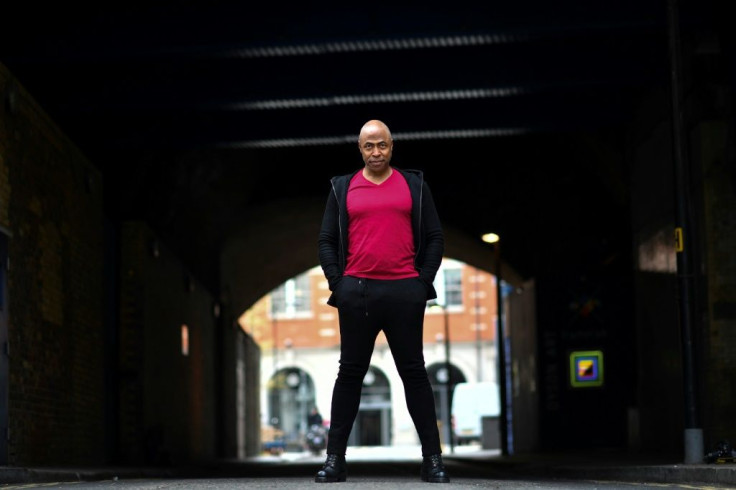Black Venture Capitalist Fights 'Tough Odds' In Europe
As one of the few black venture capitalists, Eric Collins is on a mission to prop up people facing "tough odds" to run businesses in Europe: Women and ethnic minorities.
A dual US-British citizen born in Alabama, Collins co-founded the London-based firm Impact X with a ?100 million investment fund to back underrepresented entrepreneurs.
For Collins, investing in such companies is not just about principles. It's also about making a profit.
"Where I invest, I'm really looking for the underrepresented -- meaning people and things that people don't generally invest in, that's where I want to be," Collins told AFP in an interview.
"Fifty percent of the population across Europe is made of women -- there's never 50 percent of venture capital that goes to women," he said. "Same thing with people of colour."
Collins was an economic adviser to Barack Obama -- with whom he studied at Harvard Law School -- when the former US leader was in office.
Making high-risk investments in startups, Impact X was set by a group of black entrepreneurs from Europe and the US, including Ursula Burns, the former CEO of Xerox, and Lenny Henry, a popular British actor and comedian who campaigns for greater on-screen diversity.
Its investment portfolio includes YouNeek Studios, which creates comics and graphic novels featuring African superheroes, and R.grid, which specialises in clinical trials and AI, and Three Tables television production company.
For decades, studies have shown that diverse work teams perform better, said Collins, and "I have a fiduciary duty to deliver the highest possible return."

He's now taking his message to television.
From this month, Collins is appearing on a new business reality series on Britain's Channel Four called "The Money Maker."
His role in the show, the British version of the US show "The Profit", is to advise small- and medium-sized businesses that want to develop.
The businesses picked for the show tend not to be in the hi-tech sphere or creative industries that are Collins' usual focus.
They include companies working in hairdressing, construction or food production. What they have in common is that they are "they are underrepresented people that are against tough odds", he said.
Collins stresses the need to quickly return capital on investments.
"If you don't return capital it's not sustainable... it doesn't attract additional money."
But beyond profits, he sees a knock-on effect from encouraging more diversity among entrepreneurs, traditionally a very white, male group.

Entrepreneurs who are women and people of colour in turn "tend to hire underrepresented people," he said.
He pointed to inequalities in the UK where one in two black families live in poverty, compared to one in five white families.
The pandemic has also disproportionately affected ethnic minority families, he added.
These statistics point to systemic problems, he said. "Impact X feels these can be addressed through business solutions."
A UK commission on race published in March found that business owners of ethnic minority backgrounds are disproportionately declined for lending.
While the Black Lives Matter movement has gathered force since the murder of George Floyd in the US almost a year ago and numerous businesses have committed to promoting more black and ethnic minority staff, Collins cautioned that such statements have not necessarily resulted in action.
He pointed to countries like Germany and France where identification of a person's race is prohibited, in a counterreaction to the Nazi era.
"What good has it done?" he questioned.
Looking at the top of organisations, he said, "it doesn't look as though equality has gone all the way through."
"If we don't see that, we could say the rhetoric associated to that could be a little different."
For him a key factor is networks.
"You invest in people that come from your network or are introduced by your network," Collins said.
"If you don't have that same experience you are not given the opportunity."
He noted that many UK decision makers "come from a very small number of universities", where many students come from privileged backgrounds.
The problem is not a dearth of qualified people from minority groups, but that decision makers do not look widely enough, he said.
"It's not a pipeline problem, it's a network problem," he said.
"Your networks are too narrow."
© Copyright AFP 2024. All rights reserved.





















